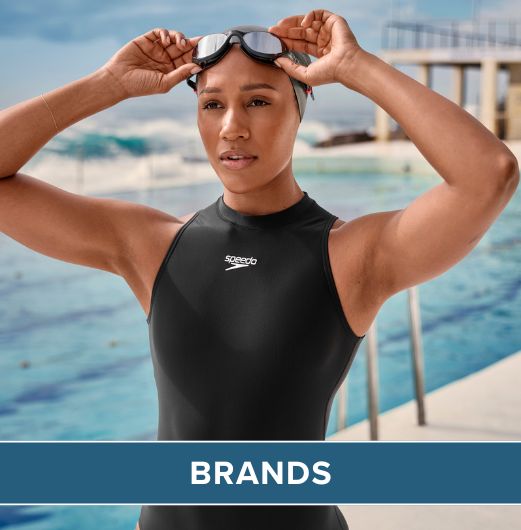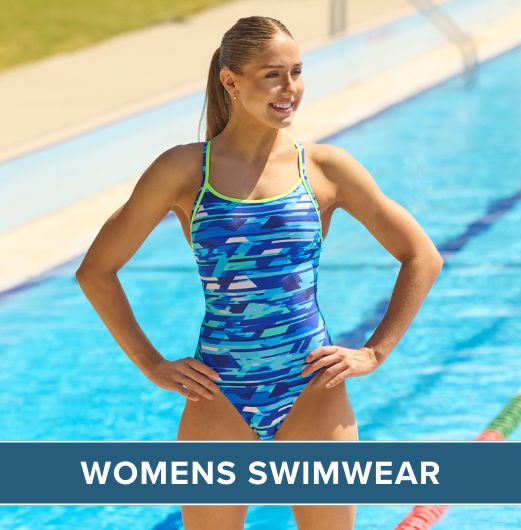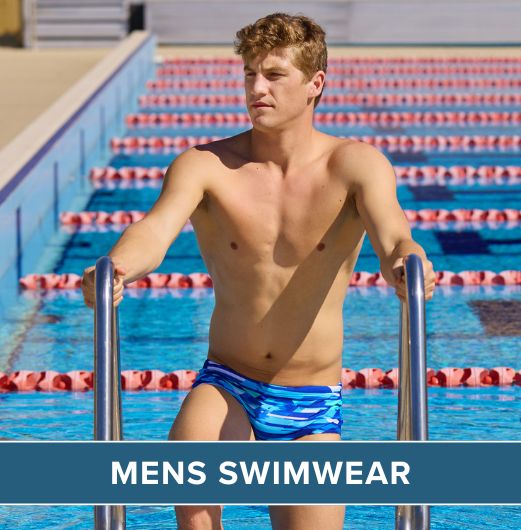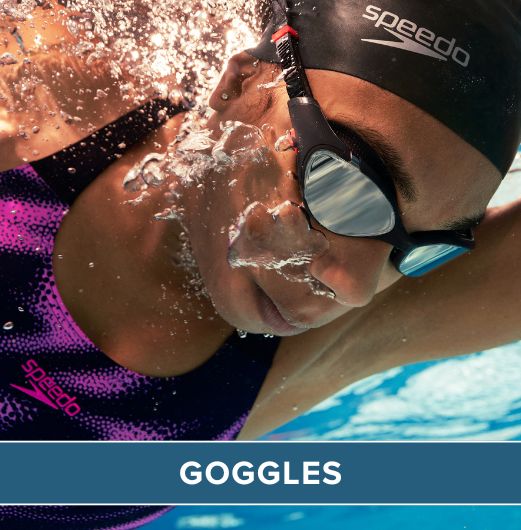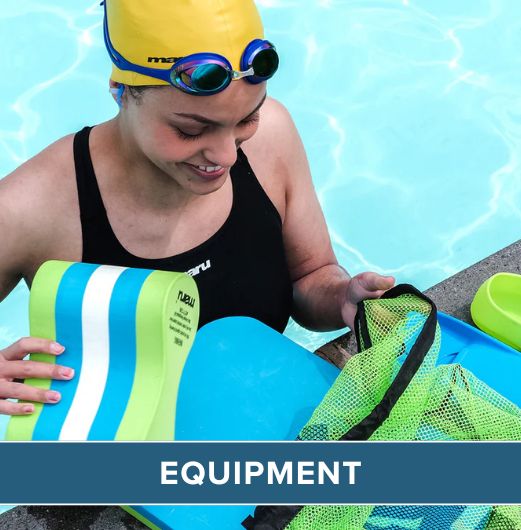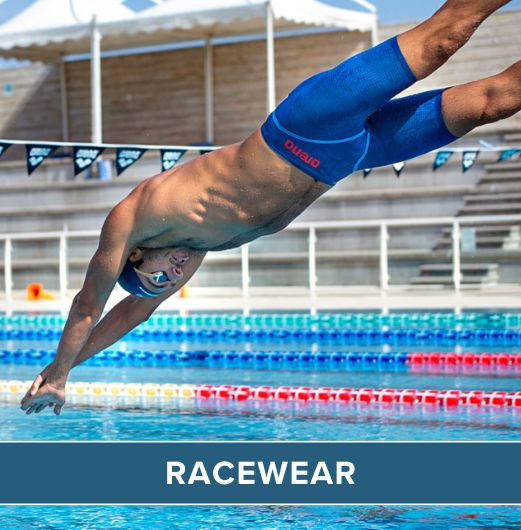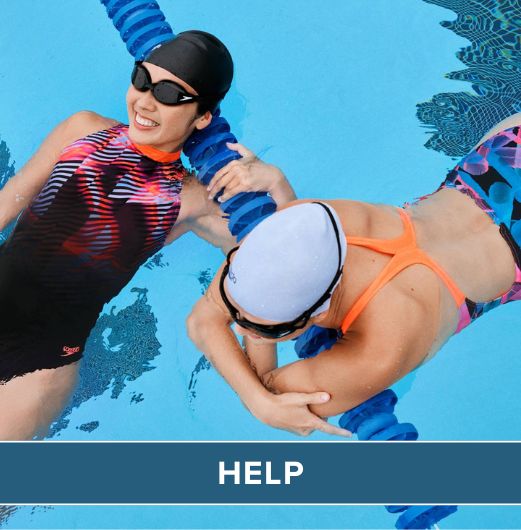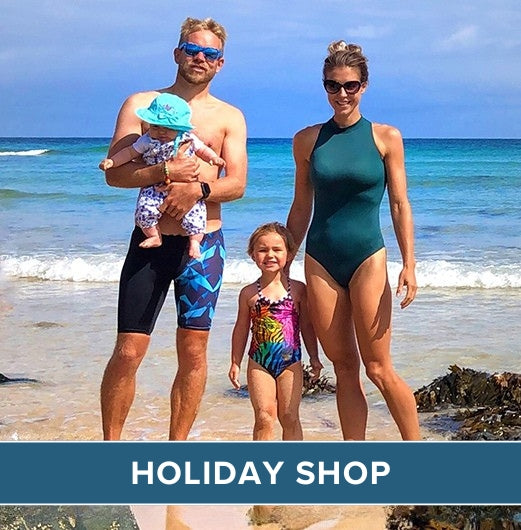Triathlon season will come around quicker than you can imagine and the last thing you need ahead of race day is to feel mentally and physically unprepared. This useful guide will cover the main elements for triathlon preparation and help make sure you are both physically and mentally ready to take on the new triathlon season.
Nutrition
As with any physically exerting sport, there are certain nutritional guidelines which have become well established to ensure you are physically prepared for the task at hand. Triathletes are no different and the sport can be extremely demanding on your body with anywhere between 3,000 and 5,000 calories being burnt during a race and in training. To make sure your body has enough fuel and the right fuel here are some best practices.
Diet preparations need to start well before the night before the race. At least three months before the triathlon season starts you should ditch all processed foods and keep a balanced diet of fibre-rich fruits, vegetables, and whole grains. These are a great source of carbohydrates and will ensure your body gets enough glycogen - the secret to energy.
Don't get seduced by protein. Go easy on the protein, to begin with, then increase the amount of protein included in your diet as you move through your training. This means you will be building muscle from amino acids in a gradual, yet healthy, process.
When you are a month away from your first race, start to increase the amount of carbohydrates and antioxidants in your diet, so your body is correctly fuelled, and your immune system is strong.
With only a week to go before your first race, you should start drinking at least 2.5 litres of water a day and increase your carb intake. With your first race just around the corner, only include easily digestible carbs like white bread and white rice to avoid digestive distress.

Training and Technique
Swimming
While there is no compulsory swimming technique that is required in a triathlon there are some ways you can prepare for the open water swim. It is crucial to remember that open water swimming is different from swimming in a pool. So, if you have an opportunity to occasionally train in an open water environment this will help to familiarise yourself with a race-day scenario and the different challenge which open water swimmer poses.
For instance, if the water is choppy you will need to raise your arms higher. It is also beneficial to practise breathing on both sides in case you are swimming closely to a competitor and want to avoid getting an arm in your face.
On race day, try not to burst out of the start and burn out too soon, remember this is the first event out of three. Instead, find a balance where you can move away from the group, then find another swimmer of a similar pace and swim right at their feet, this will help you to reserve energy.
Cycling
Cycling is the longest event within triathlon and your training should reflect this. It may sound obvious, but the more time you spend on the bike the quicker you will gain confidence and see improvements in your stamina and technique. If you are looking to become a regular triathlete it is worth investing in some clipless pedals as this will help give you more power and therefore speed.
Before any race check, and double-check, that your bike is set up correctly. Make sure that you are not reaching over the handrails and that your leg is not completely straight at the bottom of each pedal stroke.
Running
Training is crucial for all the disciplines, but it will really kick in when you are battling not only the competition but also the muscle exhaustion. Concentrate on technique and speed and incorporate short runs, long runs, sprints and interval training into your training schedule. Variation is key to ensuring that your body doesn't get used to one pace.
On the day make sure you set off at a comfortable pace that you can complete the distance in. Do not overlook the obvious fact that a triathlon is a three-phase event. Make sure you develop some training sessions so that you train two disciplines in one go, this way you will find you are more comfortable with the transitions.

Triathlon Gear
For race day and even for training it is important to use the right triathlon gear. Not only can some higher-end triathlon gear help improve performance but it is important to get used to your kit so you don't have any surprises on race day and also so you can decide what you feel most comfortable competing in.
Come race day you need triathlon gear that you can count on. As mentioned, some of the more premium products, especially tri-suits, are so immersed in technology that they can boost your times. As a basic necessity though, your triathlon kit should keep you cool and comfortable throughout your race.
Triathlon wetsuits are specifically designed for flexibility and speed. Nono-coating and buoyancy will go a long way to helping you glide through the water and gain an advantage over your competitors. At Simply Swim our collection of wetsuits are also selected from leading triathlon brands who lead the way in innovation, and we have models suited to every body shape, and every triathlete level, so you can find the right fit for your season.
In addition to a triathlon wetsuit investing in a pair of open water goggles can make a difference. They are often made with polarised anti-fog lenses which help you sight when on your swim, and with QuickFIT strap, technology to help give a comfortable fit and speed up the transition to the bike.
One of the more important pieces of kit which can sometimes get forgotten is a Dryrobe. This simple product is perfect for open water swim training and will help keep you warm and dry before the race starts. It is an innovative idea which has proved popular with triathletes and open water swimmers alike.

Race Day
Registration
With your day-to-day life, training schedule and race day nerves kicking in it can be easy to overlook the specific registration details ahead of your race. To avoid this, ready your triathlon details carefully. Highlight the key details and stick them to your fridge, or somewhere particularly prevalent. Making your race details as visible as possible will reduce the chance of experiencing any mishaps on the day. As a top tip, it is also useful to have a water bottle with you when you are queuing up to register on the day. This will help keep you calm and focused.
Snack Prep
Before the race fill up your bike with a couple of your favourite energy bars, as well as water, then set your watch to reminders at 20-minute intervals so you can remember to eat and drink throughout your cycle. This will help help ensure that you have a steady energy intake throughout the race and provide you with the all-important nutrients, so you don't burn out on the last leg.
Transition Area
You should be well prepared for each transition stage ahead of the race but there are some measures you can take to make life easier on the day. A brightly coloured towel will help you to quickly identify your bike, lay your helmet on the bike so it is easier to get on and ensure your shoes are safely laid out for easy access. This can help you save precious minutes and also allow you to get a smooth start to your next leg.

Triathlons are demanding events. The challenge will push you to the limits, however, with thorough preparation for the season ahead you will be ready to give it your all. If you are competing in an Ironman this season, check out our top preparation tips for this extreme event. Above all else enjoy and have fun!
 Free Tracked UK Delivery
Free Tracked UK Delivery Hassle Free Returns
Hassle Free Returns Next Working Day OPTION
Next Working Day OPTION Found It Cheaper?
Found It Cheaper?



